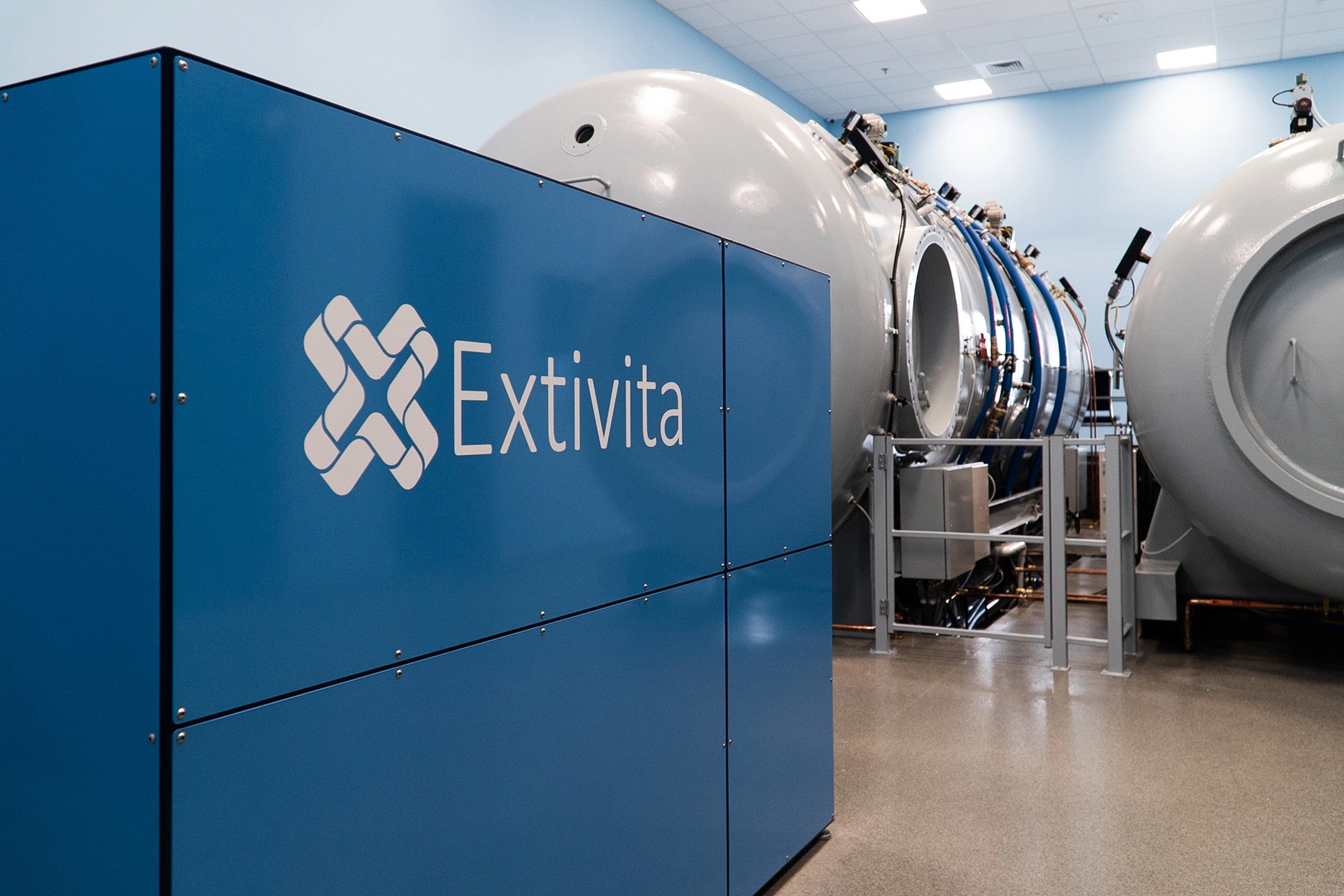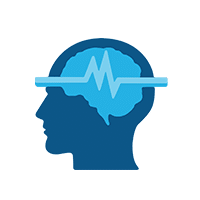In today’s fast-paced world, stress has become a constant companion for many people. Deadlines, notifications, traffic, poor sleep, and even our dietary habits all contribute to a steady rise in stress—and with it, rising cortisol levels. While some stress is normal and even helpful in short bursts, chronic stress is a different story. When the body is exposed to continuous stress, it releases high amounts of cortisol over time, which can lead to long-term health issues if left unchecked.
Cortisol is a steroid hormone produced by the adrenal glands. It plays a critical role in the body’s “fight-or-flight” response, helping regulate blood sugar, manage inflammation, influence memory formation, and control how the body uses proteins, fats, and carbohydrates. In normal circumstances, cortisol levels follow a natural rhythm: highest in the morning to help wake you up, and lowest at night to help you wind down. But when the body perceives ongoing stress, this rhythm is disrupted.
You might not immediately know your cortisol levels are high, but your body sends signals. Common symptoms include a puffy or swollen face, persistent fatigue despite sleeping, stubborn belly fat, sugar cravings, brain fog, mood swings, anxiety, frequent illness, and trouble falling or staying asleep. Over time, these signs can escalate into more serious concerns like adrenal dysfunction, inflammation, and hormonal imbalances.
The Impact and Triggers of Elevated Cortisol Levels
When cortisol levels remain high for long periods, they can disrupt nearly every system in the body. Symptoms often include weight gain (particularly around the face and abdomen), increased anxiety or depression, insomnia, brain fog, lowered immunity, high blood pressure, and a greater risk of heart disease and diabetes. Over time, unchecked cortisol elevation can accelerate aging and make the body more susceptible to chronic illness.
Modern life makes it easy for cortisol to stay elevated. Common contributors include:
- Poor sleep habits
- Excessive caffeine or sugar intake
- Chronic emotional stress
- Overtraining or lack of exercise
- Nutrient deficiencies
- Exposure to environmental toxins
- Blue light from screens, especially before bedtime
How Extivita Can Help Lower Cortisol Levels Naturally
Hyperbaric Oxygen Therapy (HBOT)
HBOT helps oxygenate tissues at a cellular level, which promotes healing and reduces inflammation—both of which play a role in stress recovery. Research suggests HBOT can support neuroplasticity, helping the brain regulate stress responses more effectively. Many patients report improved sleep and mood after regular sessions.
Neurofeedback Therapy
Chronic stress can disrupt brainwave activity. Neurofeedback trains your brain to self-regulate by reinforcing optimal brainwave patterns. By improving brain function, patients often experience reduced anxiety, better emotional control, and deeper sleep—all of which help in naturally lowering cortisol
Nutritional IV Therapy
Stress depletes vital nutrients like magnesium, B-vitamins, and vitamin C—nutrients that are crucial for nervous system regulation. Our custom IV blends replenish what your body loses under chronic stress, helping to balance hormones and support adrenal function.
PEMF Therapy (Pulsed Electromagnetic Field Therapy)
PEMF therapy promotes cellular regeneration and enhances relaxation by restoring natural energy frequencies in the body. Studies show that PEMF helps reduce the body’s stress load and supports parasympathetic nervous system activity—an essential component in lowering cortisol levels.
Infrared Sauna
Unlike traditional saunas, infrared sauna therapy promotes a deeper detox and relaxation without overheating your body. It helps reduce muscle tension, improve sleep, and increase the production of feel-good endorphins. Regular use can assist in lowering stress hormones like cortisol while boosting mood and immunity.
Small Shifts, Lasting Results
Reducing your cortisol levels doesn’t require medication or drastic lifestyle changes. At Extivita, we believe in empowering your body with therapies that calm the nervous system, optimize cellular health, and support whole-body healing. By incorporating regular treatments such as HBOT, Neurofeedback, IV therapy, PEMF, and infrared sauna into your wellness routine, you can take a natural and proactive step toward stress relief and hormonal balance.
Ready to Balance Your Cortisol Naturally?
If you’re feeling burned out, wired but tired, or just can’t seem to relax—your cortisol levels may be out of sync. Schedule a free personalized Wellness Visit with our team to customize a wellness protocol that helps restore your body’s equilibrium, naturally.
During your visit, you’ll meet with a wellness professional who will review your health goals, and recommend targeted therapies to help you restore balance, boost energy, and improve resilience—naturally.
Book Your Free Personalized Wellness Visit
Take the first step with a no-cost, no-pressure Personalized Wellness Visit at Extivita.
See our facility, explore your options, and create a custom plan tailored to your health goals.
References:
- Lund, V et al. “Effect of hyperbaric conditions on plasma stress hormone levels and endothelin-1.” Undersea & hyperbaric medicine : journal of the Undersea and Hyperbaric Medical Society, Inc vol. 26,2 (1999): 87-92.
- Aliño Costa, Marta, et al. “An effective neurofeedback training, with cortisol correlates, in a clinical case of anxiety.” Universitas Psychologica, vol. 15, no. 5, 18 May 2017, https://doi.org/10.11144/javeriana.upsy15-5.entc.
- Cuciureanu MD, Vink R. Magnesium and stress. In: Vink R, Nechifor M, editors. Magnesium in the Central Nervous System [Internet]. Adelaide (AU): University of Adelaide Press; 2011. Available from: https://www.ncbi.nlm.nih.gov/books/NBK507250/
- “The Role of PEMF in Reducing Cortisol.” Omnipemf, 25 Apr. 2025, omnipemf.com/the-role-of-pemf-in-reducing-cortisol/?srsltid=AfmBOor7PDMoPgMupyvs_c1DXJdy-4Kk-edDa2SEmDZ0bz40GH3IMAJK#How_PEMF_Reduces_Cortisol.
- Ahokas, Essi K., et al. “Salivary cortisol response to post-exercise infrared sauna declines over time.” Temperature, 27 Apr. 2025, pp. 1–15, https://doi.org/10.1080/23328940.2025.2493460.
FDA Disclaimer
HBOT is FDA-approved for 13 conditions, such as decompression sickness and chronic wounds. Its use for aging, cognitive enhancement, stress, high cortisol, and similar conditions is off-label and not FDA-approved.
At Extivita, all off-label uses require:
- Full disclosure of non-FDA approval
- Signed informed consent
- Medical evaluation by a licensed provider









